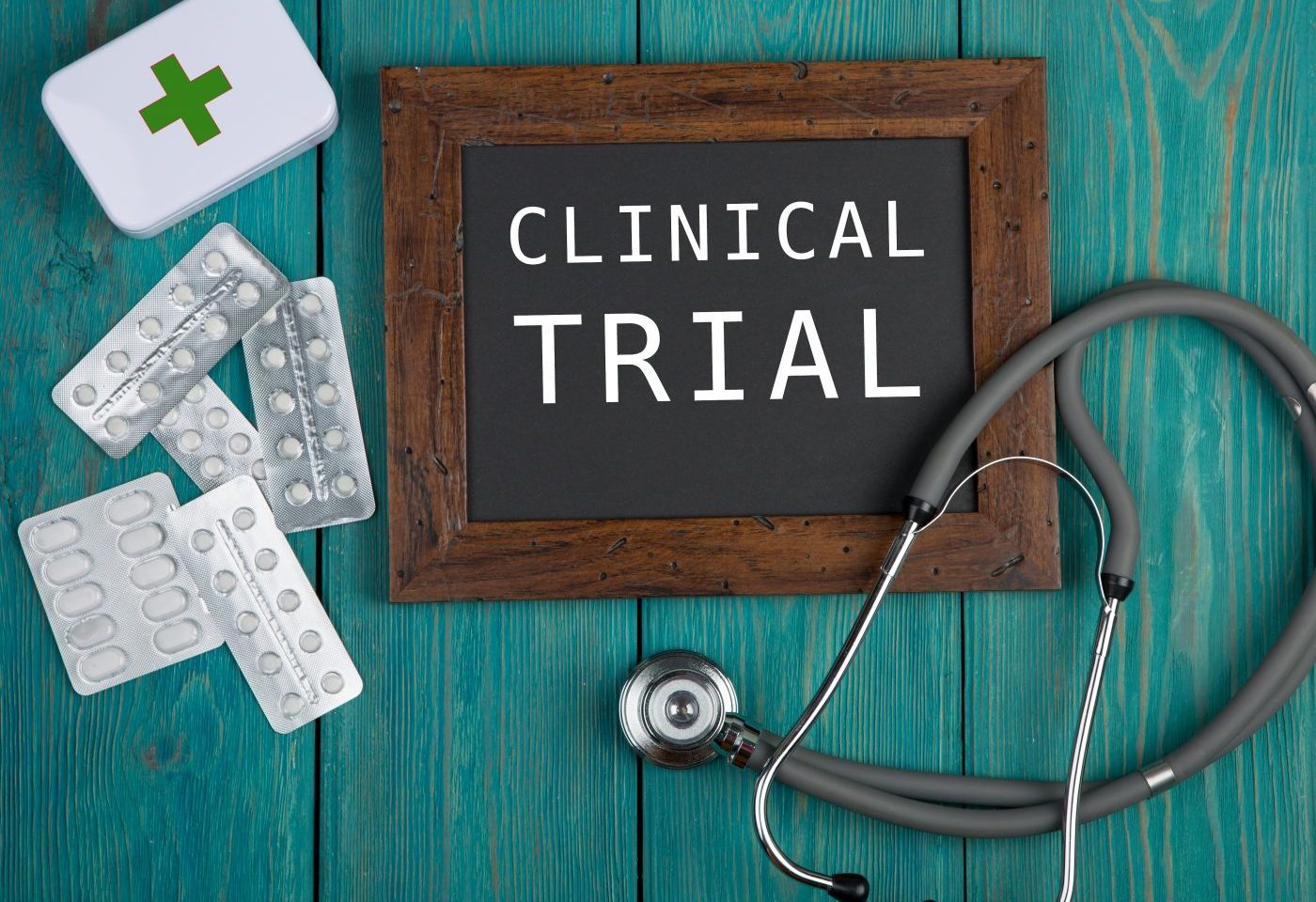Got Questions About Joining a Huntington’s Clinical Trial?

There is a robust pipeline of potential therapies for Huntington’s disease (HD), which I’ve discussed in previous columns. All of the current and future clinical trials provide real hope for this community. However, people typically aren’t allowed to participate in two clinical trials at the same time, and down the line, they likely won’t be able to take an approved medication while simultaneously participating in a clinical trial.
That leads to a dilemma for the many people who currently qualify for, or one day will be eligible to participate in, a clinical trial: Which trial do you sign up for, and which medication should your doctor prescribe?
A handful of questions come to mind that many trial participants should be asking. These include:
- What exactly is the experimental medicine meant to do for me?
- Will I experience fewer symptoms?
- Which symptoms will it help?
- Will it slow or halt HD progression?
- Is it safe? How is it administered?
- What is the dosage frequency?
- How long do I have to stay in the trial?
- Where is the nearest study site, and how often do I have to go?
- Will I be compensated for my time?
- If the investigational therapy is approved by the U.S. Food and Drug Administration, will I be able to continue taking it?
- If it’s not approved, will my participation preclude me from future trials?
These are just a few of the questions that come to mind. Some questions will have concrete answers, while others may not until the trial is complete.
Following are three simple tips for gathering information about clinical trials. Please note that I am not a healthcare professional.
Firstly, if you are in the U.S., you can sign up for the Huntington’s Disease Society of America’s clinical trial finder. After entering some personal information, the resource alerts users about trials in their area they may qualify to be a part of. Signing up is free and relatively painless.
Secondly, consider signing up for Enroll-HD. This is an observational study open to anyone who has or is at risk for Huntington’s. Any member of a family affected by HD can also participate, including those who have tested negative, along with spouses and partners. The study aims to collect data about HD families and develop new, effective treatments for the disease.
Thirdly, contact your nearest Huntington Study Group (HSG) site. HSG credentialed research sites are part of a network of qualified sites that perform many HD clinical trials. Each site runs a bit differently, and not every trial is performed at every location, but the healthcare professionals who work at these sites can likely answer your questions and provide information and guidance to help you make a decision, if you qualify.
I’ve never qualified for an HD clinical trial, but I always felt it was my duty to join as many observational trials as possible and encourage others to participate. To poke fun at myself, I volunteered to help create a few videos in 2011 that demonstrate what a study visit might look like and what the collection of cerebrospinal fluid looks like.
Thanks to all the HD warriors who are currently enrolled in a trial to help bring new medicines to the community!
Do you have any additional questions about joining a clinical trial? Please share them in the comments below.
***
Note: Huntington’s Disease News is strictly a news and information website about the disease. It does not provide medical advice, diagnosis, or treatment. This content is not intended to be a substitute for professional medical advice, diagnosis, or treatment. Always seek the advice of your physician or other qualified health provider with any questions you may have regarding a medical condition. Never disregard professional medical advice or delay in seeking it because of something you have read on this website. The opinions expressed in this column are not those of Huntington’s Disease News or its parent company, Bionews, and are intended to spark discussion about issues pertaining to Huntington’s disease.







Gail Crisp
Excellent as off 3 girls with it all dead and dad at 49 didn't know he had it 1972im a long buddy for Nancy Wexler love her used to do all meetings etc mom dead now and 66 falling apart money we spent $$$$$$
B.J. Viau
Thanks for reading, Gail. Prayers to you and your family! We need a better treatments soon!
Denise Bernier
What is the possibility of any clinical trials taking participants with a donated kidney? The person in question already participates in observational study but would really like to play a more active part in research for treatment.
B.J. Viau
Hi Denise - thanks for reading and for the comment. Specific qualifications like a donated kidney will all depend on each individual study. It's best to contact a HDSA or HSG Center who handle most of the HD clinical trials and inquire about inclusion and exclusion criteria. Best of luck to you and your person interested in trial participation. Very brave and honorable of them! -BJ